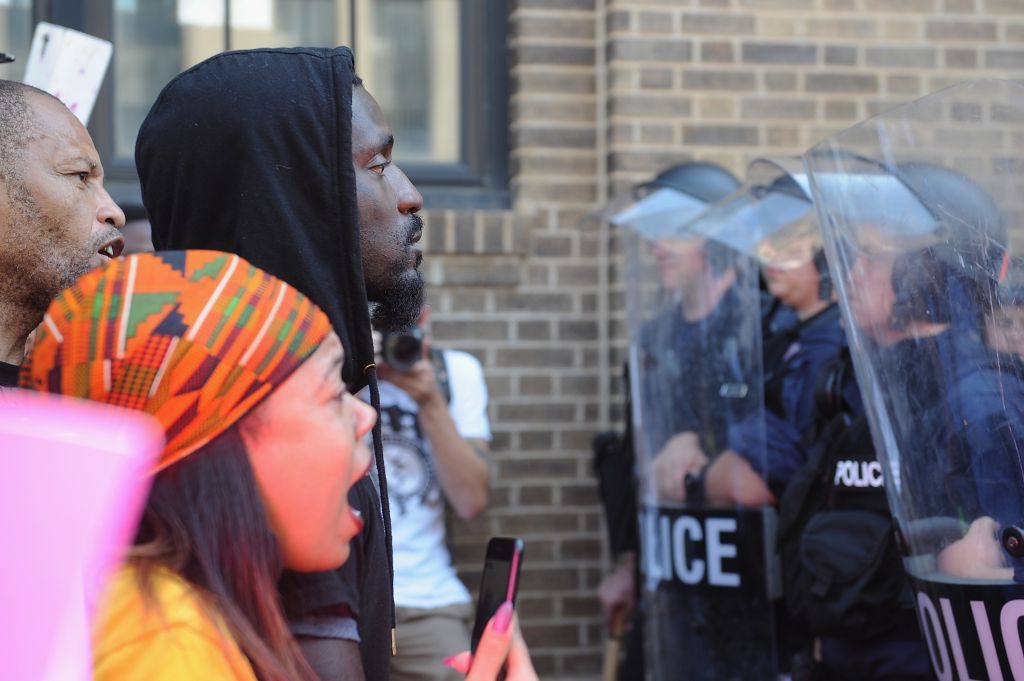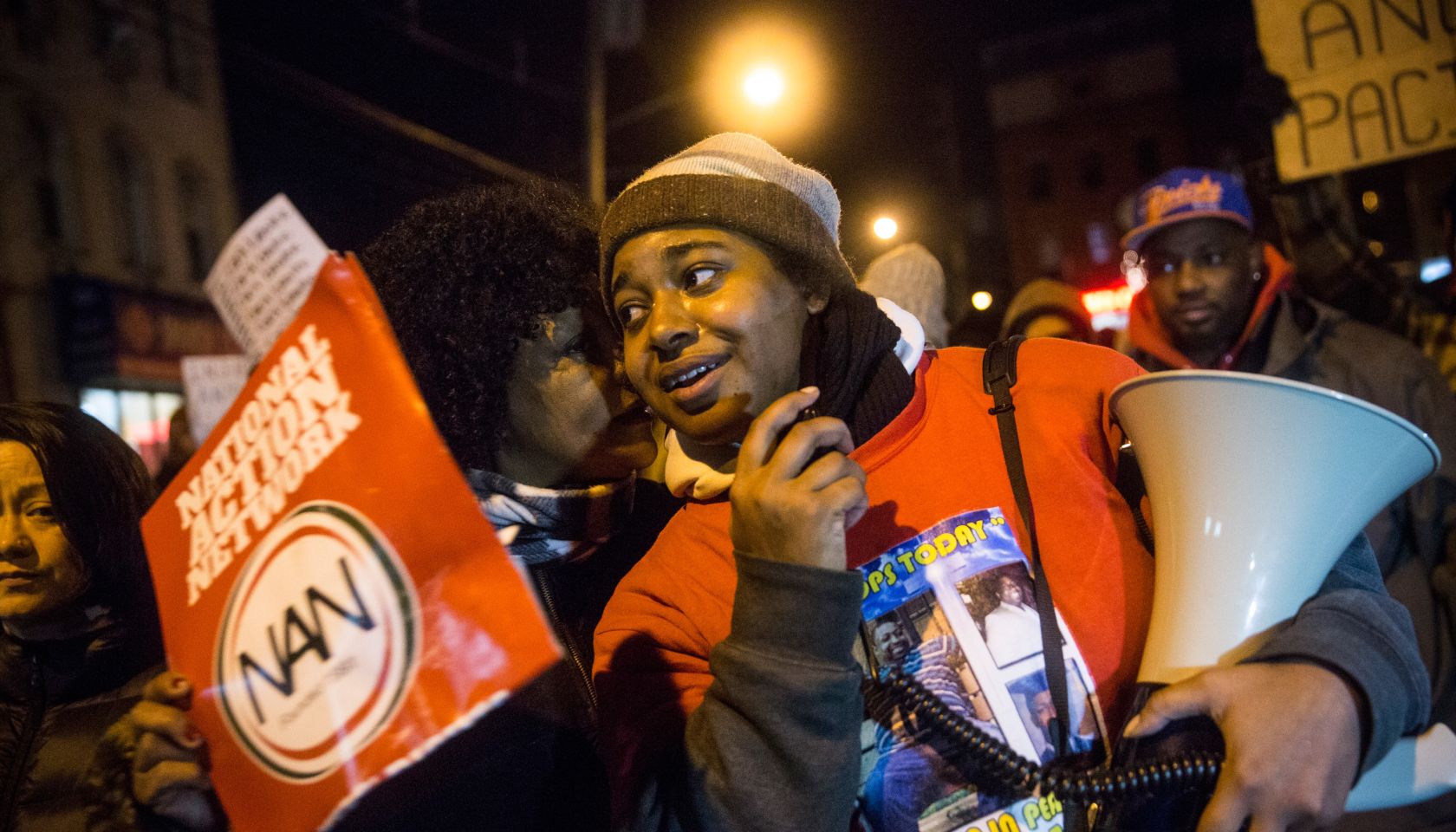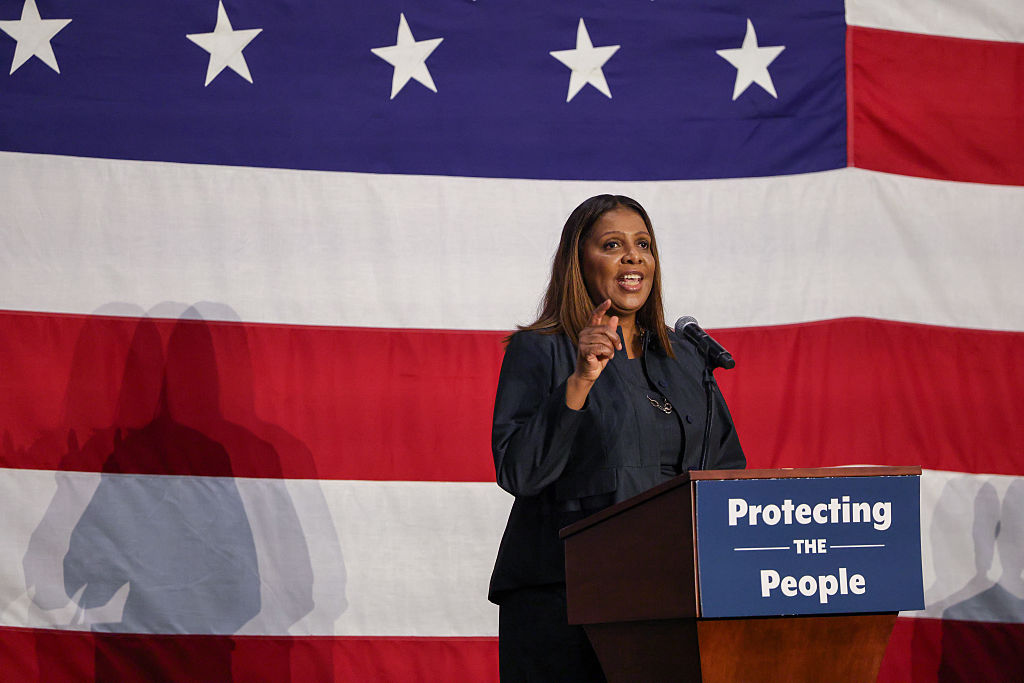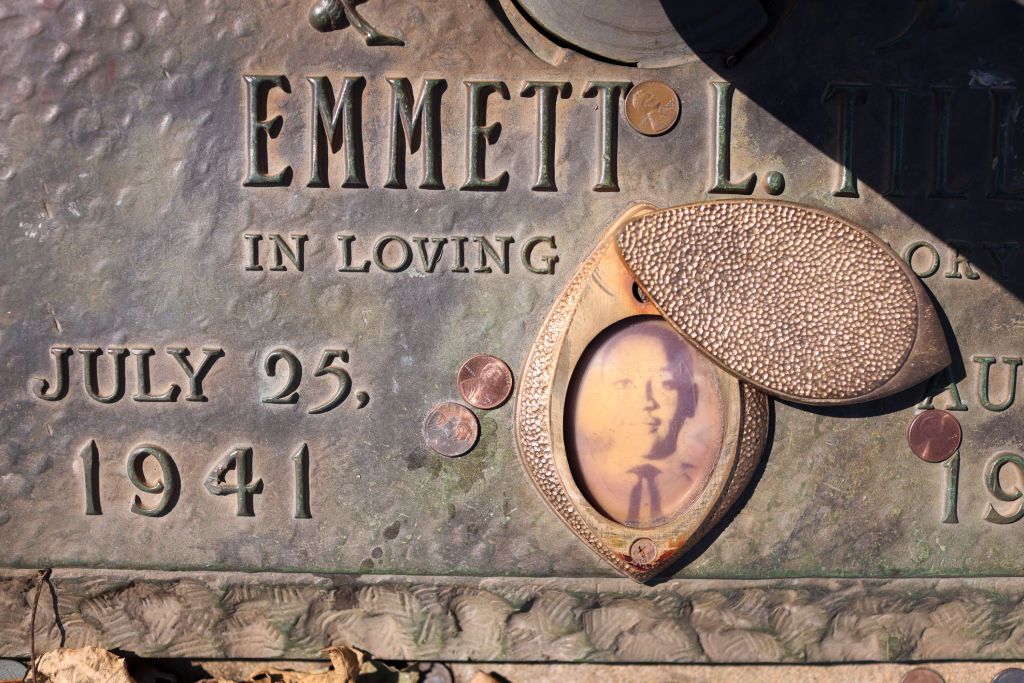Rest In Power, Mike Brown: How 400 Days In Ferguson Changed My Life
Protest To Politics: How 400 Days In Ferguson Changed My Life
August 9, 2014, changed my life. That date is burned into our memory as the day Michael Brown was killed. But it’s also the date my son, King, turned one. We were preparing for his birthday — blowing up balloons, firing up the barbecue — and my social media starts going crazy. I received a picture of a young man lying motionless in the middle of the street. When I saw the image, I didn’t know what to do. But something compelled me to go to the intersection of where Michael Brown’s body laid, which is now called ground zero.
See Also: Missouri Cop Under Investigation For Bragging About ‘Michael Brown Overtime’
Before I saw the image of Michael Brown’s body, I wasn’t an activist. I’m not going to lie to you and act like I’ve been woke this whole time. I’m from 4300 Gibson, the south side of St. Louis — the ‘hood. I had seen thirty or forty Michael Browns in my life; young men between the ages of 16 and 24 who had been killed by the police. But I was trying to figure out, what was so different now?
https://twitter.com/brucefranksjr/status/1027104217205485568
And then I thought about the image of his body lying in the street for over four hours. You could have been in Chicago the moment you heard about Mike Brown being killed in the early afternoon and hopped in your car, got on Highway 55 and driven to Ferguson. When you got there, you would have still seen his body lying on the ground — four and a half hours later.
People talk about what happened and the discrepancies of whatever story it is that folks want to believe, but we were there in Ferguson on Aug. 9, 2014, and this young man’s body was in the street for four and a half hours. That’s something that would never happen in white areas like Clayton, Ladue, and Central West End. That would never happen in any of those communities. So why did it happen here?
Before we talk about whether he was in the car, or outside the car, if he had his hands up or if he had his hands down; before we talk about the facts and what we saw from the witnesses and what the police officer said — how about we concentrate on the fact that this young man’s body was in the street for four and a half hours? I don’t care how you feel about the situation or the so-called facts. That’s not okay because that wouldn’t happen anywhere else.

Source: Michael B. Thomas / Getty
When I first got out there, I saw something that I’ve never seen before. People from all walks of life, every kind of background. Everybody upset, crying, angry and thousands of people gathered in these same streets that we drive up and down each day. But if you saw the news clips from that day, how many people looked at us and thought — “riot.”
How many of us have been so mad at something where we hit a door, kicked a trash can, or hit an object that had nothing to do with why we were mad? Imagine somebody is mad because their community is systematically oppressed. It’s like a Sprite bottle and the lid’s on tight but the whole time it’s being shaken.
You have a job where you’re not making a livable wage but you still got a couple kids to take care of. You don’t live paycheck to paycheck, you live paycheck to Friday. You run the chance of getting pulled over, simply for the color of your skin — and then you walk outside and see a young man has been killed, right in front of your apartment, and his body has been left on the street for four and a half hours. So, on Aug. 9, 2014, what happened is that Sprite bottle that has been shaken for all these years… someone just abruptly took the top off.
We were out there for 400 days straight, peacefully protesting — long after the camera left. The media that came to exploit Ferguson disappeared. The celebrities who arrived to snap their pictures and stand in front of the burned down QuikTrip with their hands up — they left. But we were still there. The pepper spray, the tear gas, it was still happening. Officers were upset because they were tired, they had been out there for 12, 14, 16 hours, or more. All of that was still happening, for 400 days straight.
In those 400 days, I began to think: We can protest, we can march, we could be upset, but, what’s next?
After those 400 days, I wasn’t in the best place mentally. Thankfully, I didn’t stay in that place. I started talking to people. I began working on police-community relationships. I began to mentor in my community. I started a program to help our youth get jobs.
Then, somebody said, “You should run for office.” Run for office? I had never even voted because I was taught that my vote didn’t count. We didn’t have representatives or elected officials that showed up in our community and talk to us about the importance of local politics, or how these decisions affect our lives every day. Nobody came to my ‘hood and taught me those necessary details. No one taught our parents so our parents couldn’t teach us. We were forced to go with the same old rhetoric, and just survive — whatever that looks like. Unfortunately, that didn’t come with a civics lesson.
When I decided to run for state representative, representing the 78th district of St. Louis, establishment politicians told me, “Do not run.” They tried to strike fear in me by saying, “The family that you’re running against, they are powerful.”
Obviously, these establishment politicians didn’t know me. I survived the death of my nine-year-old brother, who was used as a human shield during crossfire. I survived 168 funerals before I turned 30. Surely, I could survive a political race.
The more my team and I were told “Don’t run,” the more we geared up to run. My opponent raised a lot of money. We didn’t raise much money, but we talked to the people that the “establishment” forgot.
On Election Day, when the numbers came in, not only did we win, we won with 76 percent of the vote — 2,234 votes, to be exact. That was more votes than anybody earned in our district’s history. The kid from 4300 Gibson, with all these tattoos on my face, the one who raps, that who was in the front lines of Ferguson, won an election in St. Louis, Missouri. Moreover, my community won. The folks that look like me, that come from where I come from — we all won.
In my community, I was taught everything but how to love. I was taught how to survive and fight, but not how to love. However, I learned how to love those 400 days in Ferguson. Real conversations with people who, even if they didn’t come from where I come from, would stand and fight with me.
And that’s what’s going to fix what’s going on. Us, talking to each other. Understanding each other. You are the one with the lived experience, therefore, what I need you to do is to speak up. Don’t stand by when you see injustice. Get involved, however way you want to get involved. Whether it’s politics, whether it’s community activism, or donating to a local campaign. No matter what it is because we’re going to need you to come up with the solution.
Giving up is not a choice for me. If I give up on those hard conversations, if I give up on people from the rural areas, or white folks or Republicans, in my mind, I’m giving up on being that person that changes their mind or changes their heart. My grandmother always said, “You might be the only Bible someone ever reads.”
So don’t give up on even one chance to change the world around you.
Bruce Franks Jr. is a battle rapper, activist and elected official currently serving in the Missouri House of Representatives. Follow him on Twitter.
SEE ALSO:
Outrageous! Figurines Of White Cherub Crushing Head Of Black Angel Removed From Dollar Store
Meet Jogger Joe, The Man Who Took Racist Cue From BBQ Becky In Tossing Homeless Man’s Clothes
















